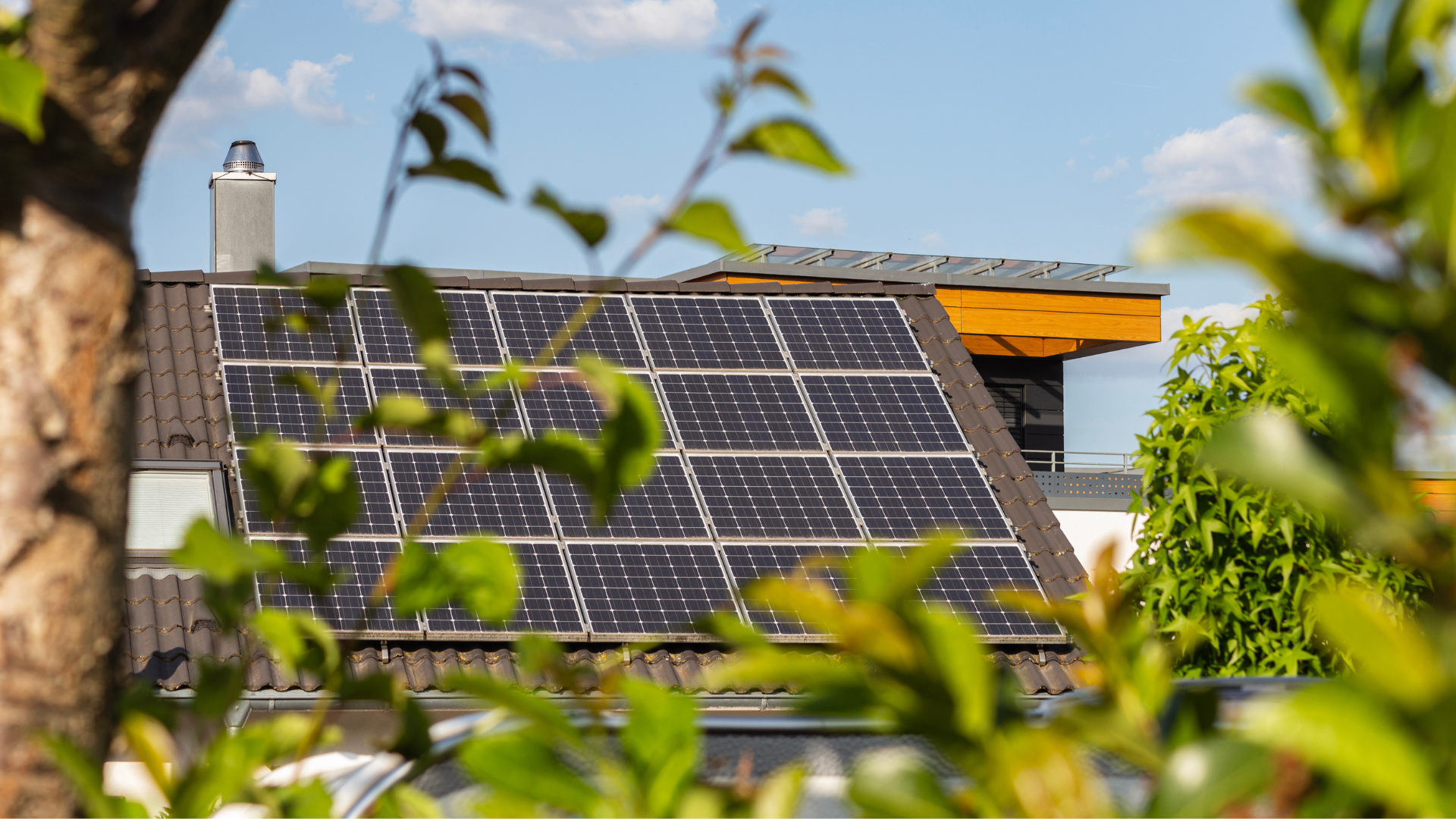Quebec local communities in transition: modeling, optimization and circularization of the local energy ecosystem

Graduate Student Scholarship - 2024
Description
Despite its abundance of hydroelectricity, Quebec faces an imminent energy deficit and increased vulnerability due to the centralization of its network. The transition to local, resilient and circular systems is becoming essential to guarantee energy autonomy and reduce the environmental footprint of communities.
Objectives
- Map and analyze local energy flows to optimize their use.
- Integrate the principles of the circular economy into energy management, particularly through the recovery of thermal waste and energy efficiency.
- Assess the impact of land use planning (density, mobility, greening, energy loops) on energy demand.
Case study: Saint-Laurent Borough (Montreal)
- Testing concrete and reproducible solutions for effective municipal energy planning.
- Identify strategies promoting decentralization and energy autonomy for communities.
By supporting this transition, this project paves the way for more sustainable and resilient energy management in Quebec, aligned with the objectives of carbon neutrality and adaptation to climate change.
Related projects
Research chair
Relationship Between City and Population
Life cycle assessment
Circular economy
Learn more →
Don’t just coexist with climate change.
